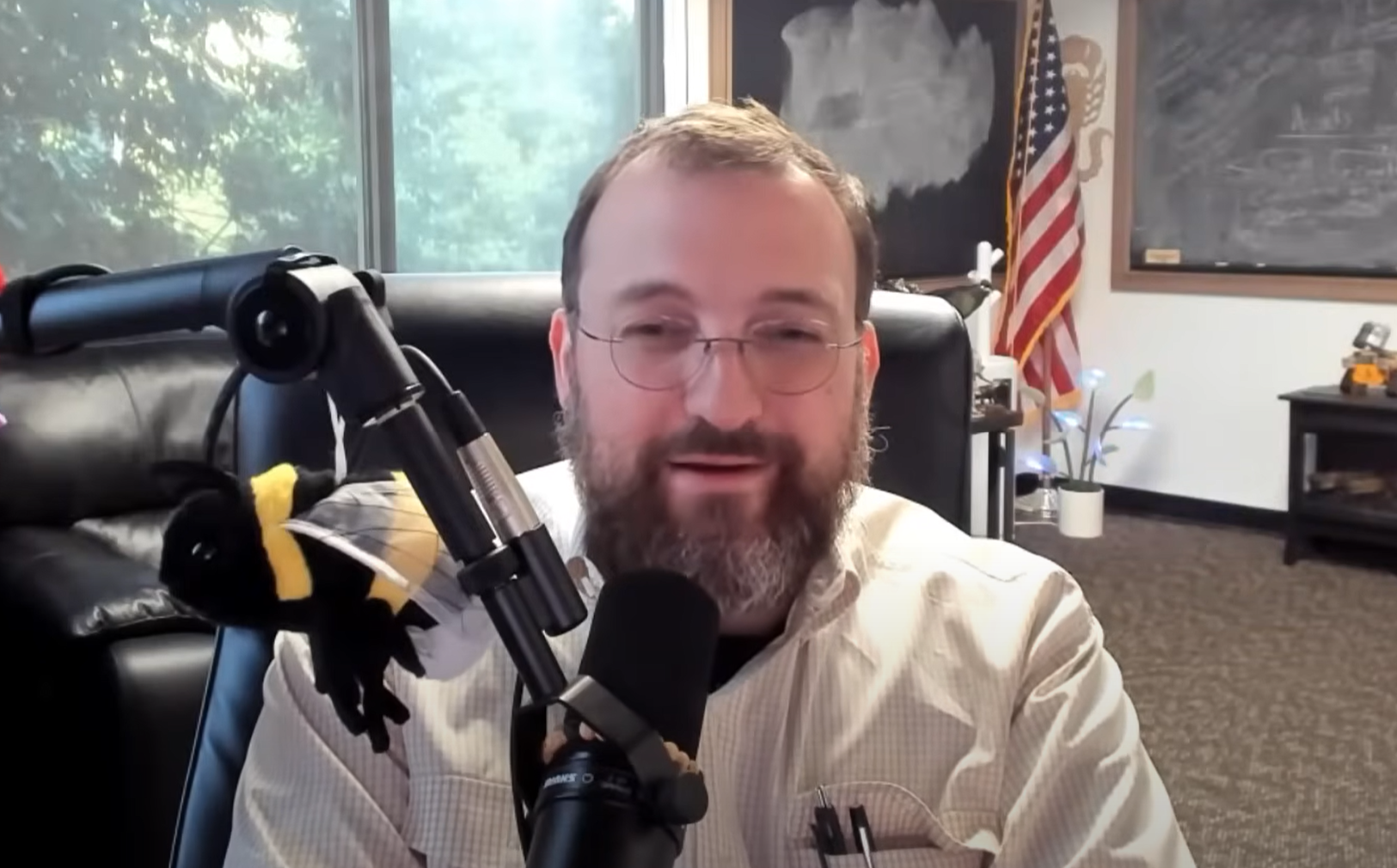marekuliasz/Shutterstock
In this episode of the HigherEdJobs Podcast, co-hosts Andy Hibel and Kelly Cherwin spoke with frequent HigherEdJobs contributors Dr. Yi Hao, director of education and assessment at the Virginia Commonwealth University School of Pharmacy, and Dr. Mallory Neil, director of industry and alumni engagement at Clemson University.
Their discussion expands on their co-authored HigherEdJobs article, “At a Professional Crossroads? The Good Enough Framework Can Help,” and examines how higher education professionals can develop their careers. Their perspective draws on the “good enough” concepts introduced in “Designing Your Work Life” by Bill Burnett and Dave Evans.
Redefining What Feels Good Enough for Now
Kelly begins by asking how the “good enough” framework works in everyday practice. Neil explains that the idea grew out of questioning the pressure to constantly advance.
“It encapsulates this idea that we are often inundated with this grind mentality, that you are always having to pursue more, be the greatest, and advance to the next step,” she said. Instead of disengaging, she adds, the mindset encourages “allowing yourself time to take a pause, to really self-assess and think about what is really important to you.”
Hao agrees that clarity should guide career decisions. “The act of changing a job itself should not be the end goal,” she said, noting that intentional reflection helps professionals move in a direction aligned with their long-term goals.
Finding Momentum Without Making a Move
Andy addresses the misconception that constant action equals progress. “Momentum does not mean getting promoted, or getting on a search committee, or taking on new challenges,” he said. “It can mean a lot of different things.”
Hao builds on to his thought, agreeing with the importance of slowing down when needed. She said that “creating that space for reflection and ambiguity is really critical, no matter how uncomfortable it feels.”
Recognizing When Adaptability Turns Into Overload
Professional adaptability often benefits higher education employees, but Neil cautions that it has limits. Referencing “Designing Your Work Life,” she explains the difference between being hydra-overwhelmed and hyper-overwhelmed.
When responsibilities begin piling up, Neil recommends talking early with supervisors. “I need to work through what can come off my plate that is not a necessity at the moment,” she says.
In cases of hyper-overwhelm, she notes that delegation becomes necessary, even when the work is enjoyable.
How Supervisors Can Support Growth
Andy encourages supervisors to approach development conversations thoughtfully. “Having a scheduled conversation, making sure that you are not catching somebody cold and just arriving with raw emotion, but allowing time for your own intentionality and for theirs, is really important,” he said.
Hao adds that these conversations should center on the employee’s goals: “This is not about you. It is about your supervisee as an individual, and what they might want to say about their aspirations and goals in life.” Proactive check-ins, she notes, can reduce fear around discussing advancement.
Identifying Skills Worth Developing
Kelly shifts to how professionals can identify skills they want or need to develop. Neil recommended looking closely at daily tasks, talking with colleagues across campus, and recognizing both strengths and gaps. “What about your current work do you enjoy?” she asks. “What gets you excited?”
Andy adds that small, low-stakes failures can be valuable learning moments. “Failure is a key ingredient for success,” he says.
Applying the Framework to Your Career Path
Kelly closes the episode by encouraging listeners to broaden how they interpret progress and professional growth. “I hope people listening are able to see what we are talking about through different lenses,” she says.
For listeners navigating a job search or reassessing their current position, this discussion offered several tools and ideas. Hao and Neil’s guidance can help you:
Recognize that steady growth does not require constant activity. Identify early signs of burnout before responsibilities become unmanageable. Assess which skills you use, value, and want to strengthen. Engage supervisors in clearer conversations about development and workload. Use everyday tasks and campus relationships as accessible ways to explore new competencies. Reframe pauses and transitions as productive steps that support long-term clarity.
For the full conversation on the good enough for now framework and practical approaches to career development, listen to the episode below:
As a reminder, the full transcript of every HigherEdJobs Podcast can be found by clicking on “transcript” next to the episode’s show notes.

























